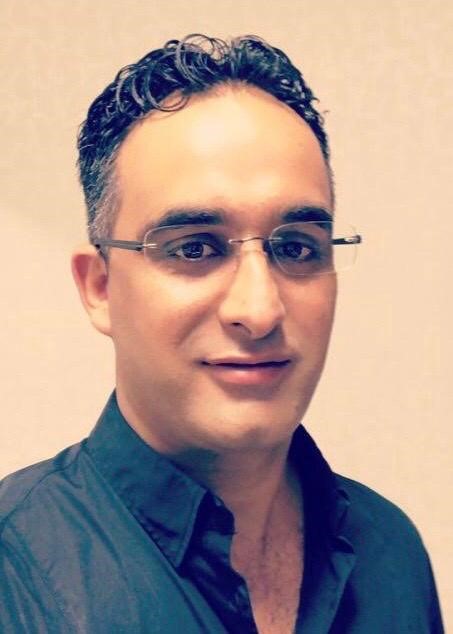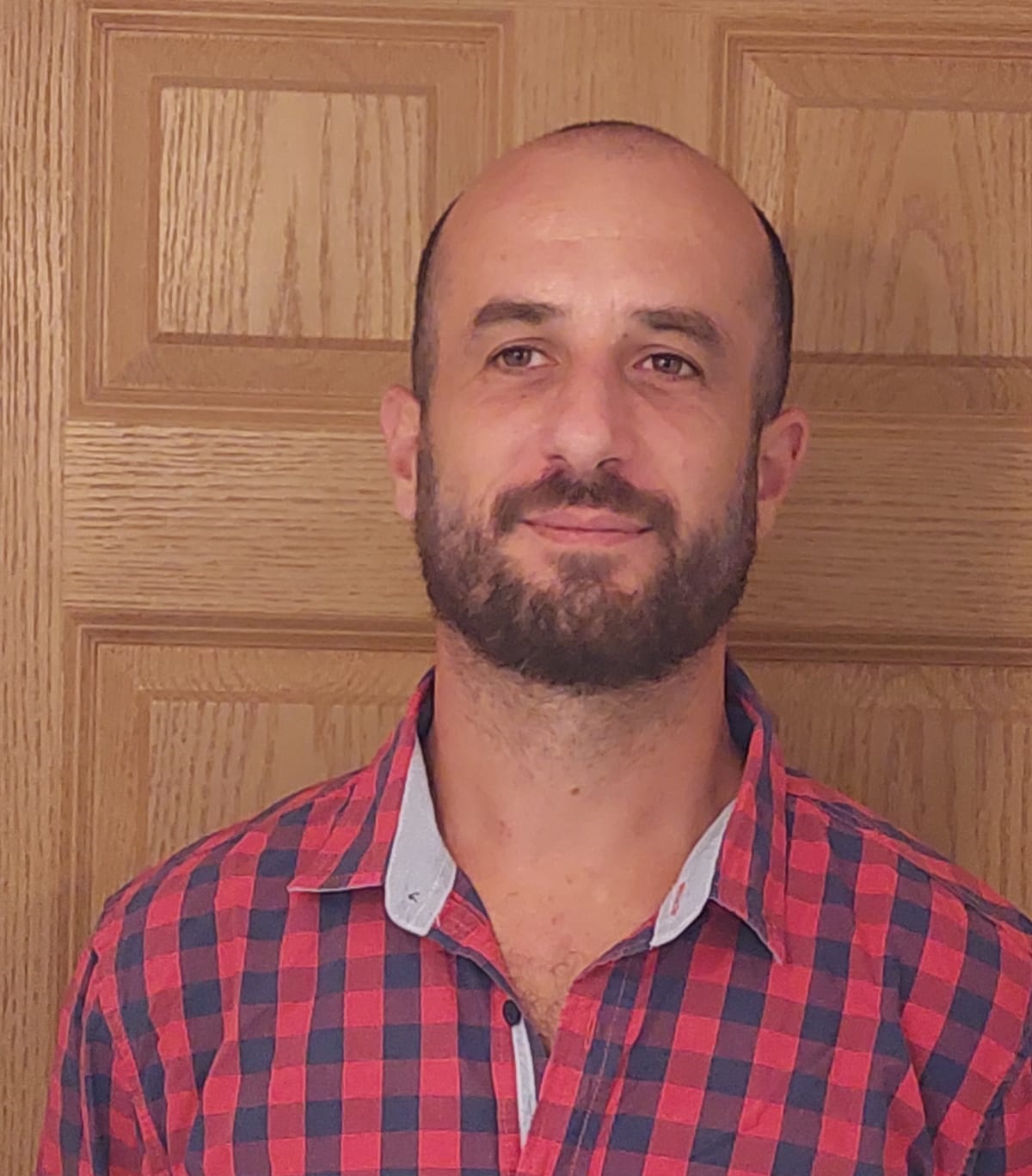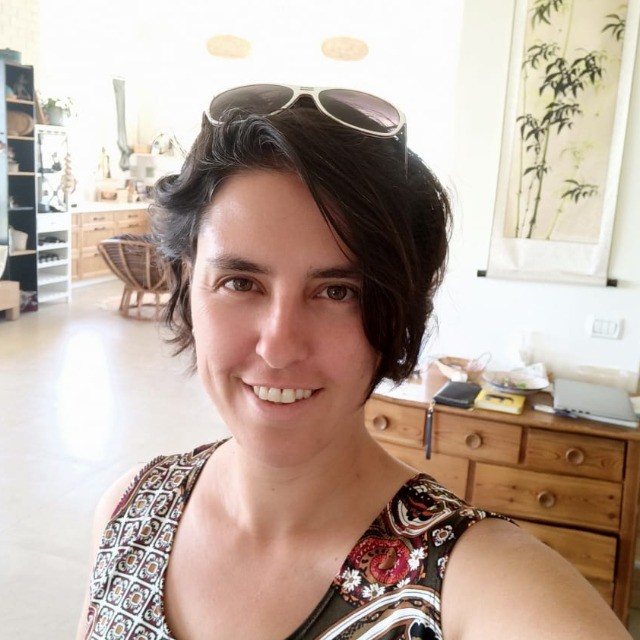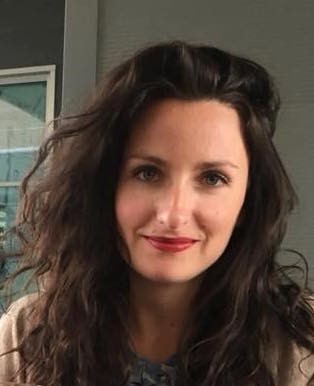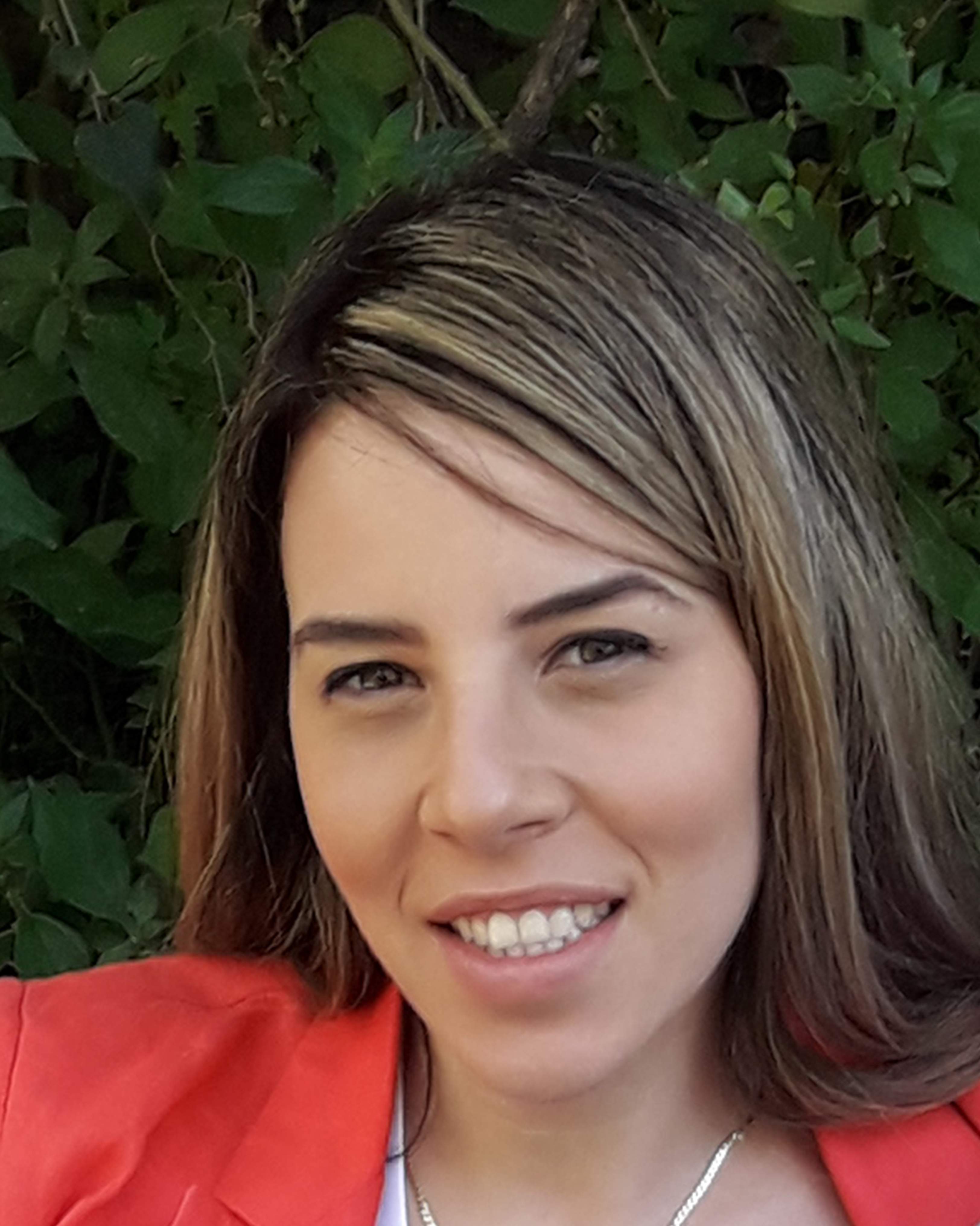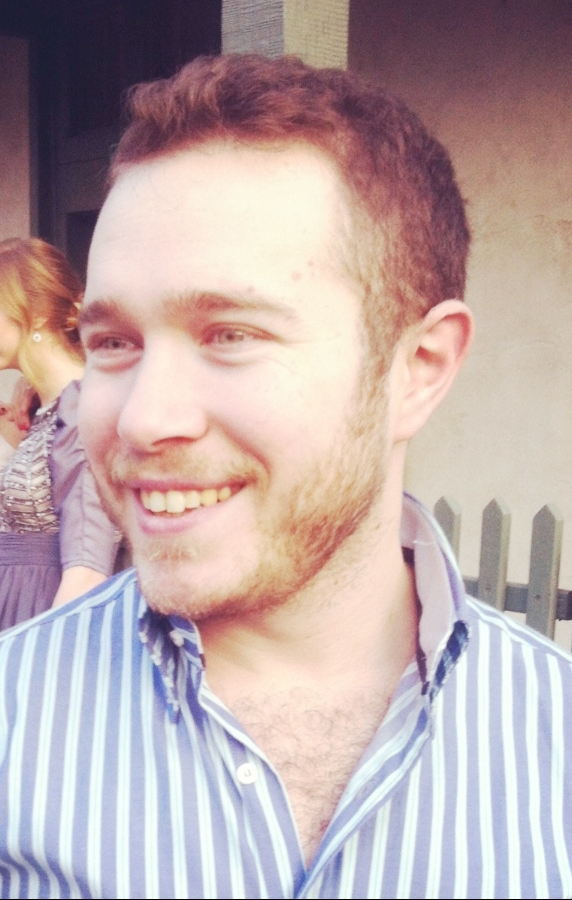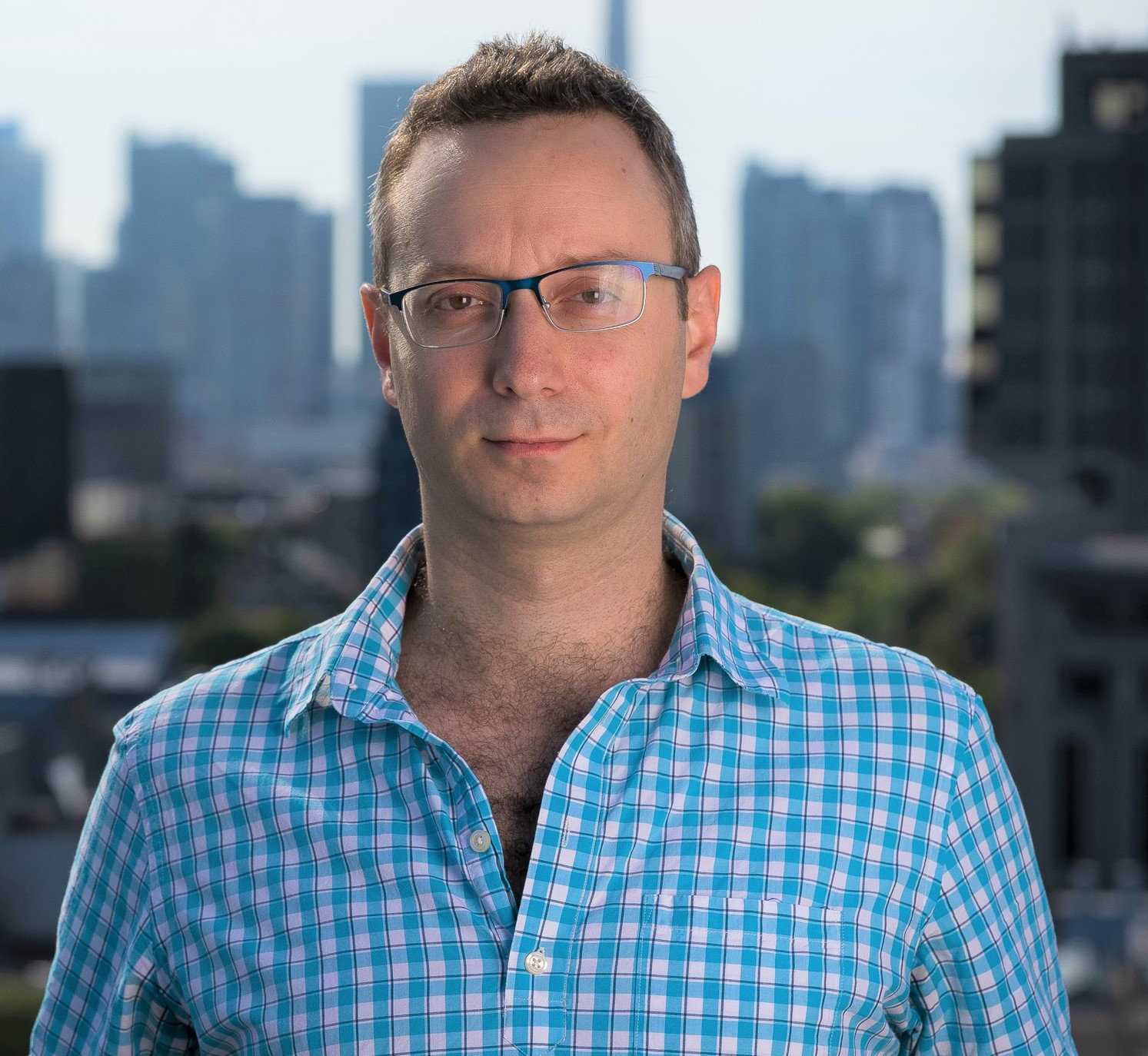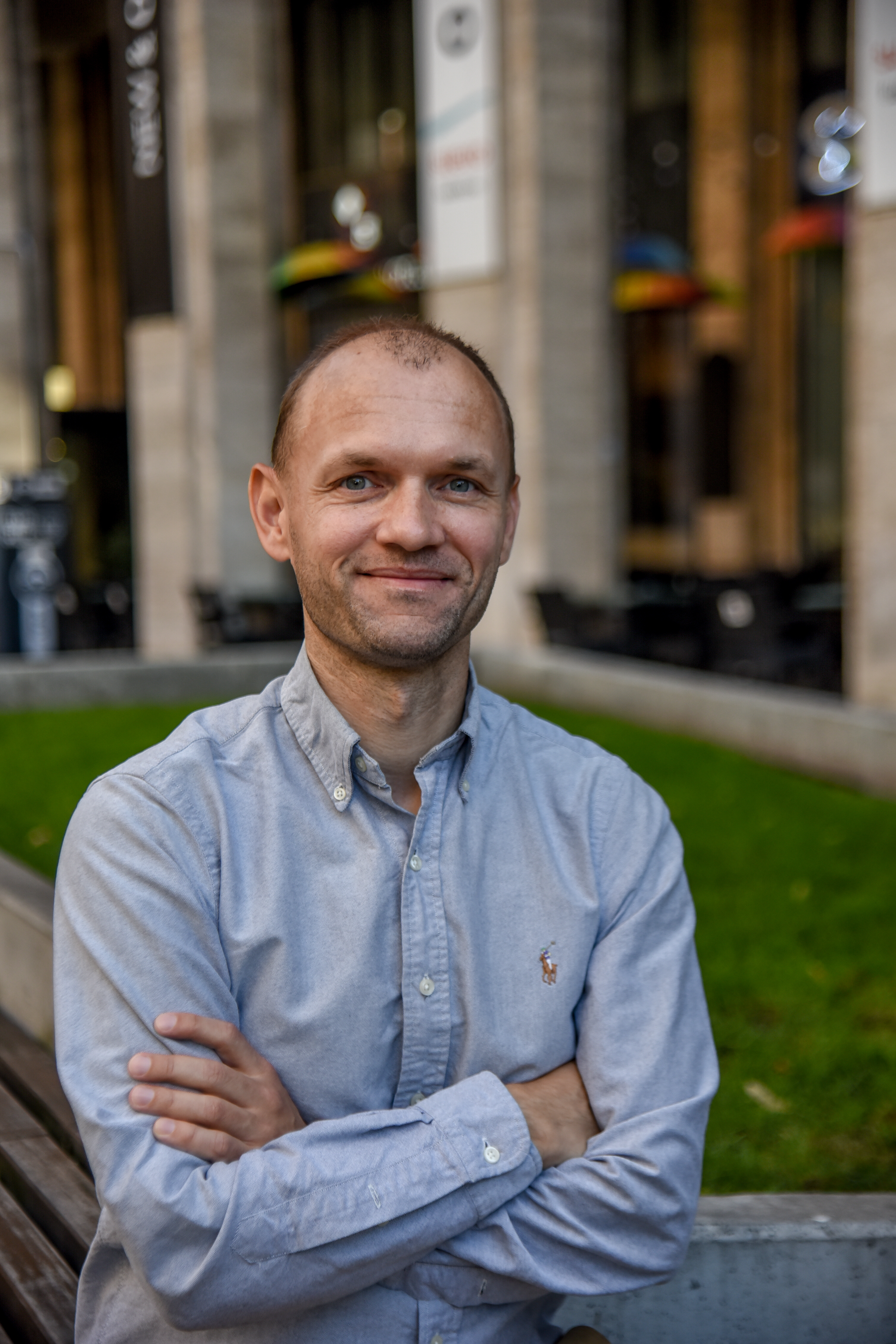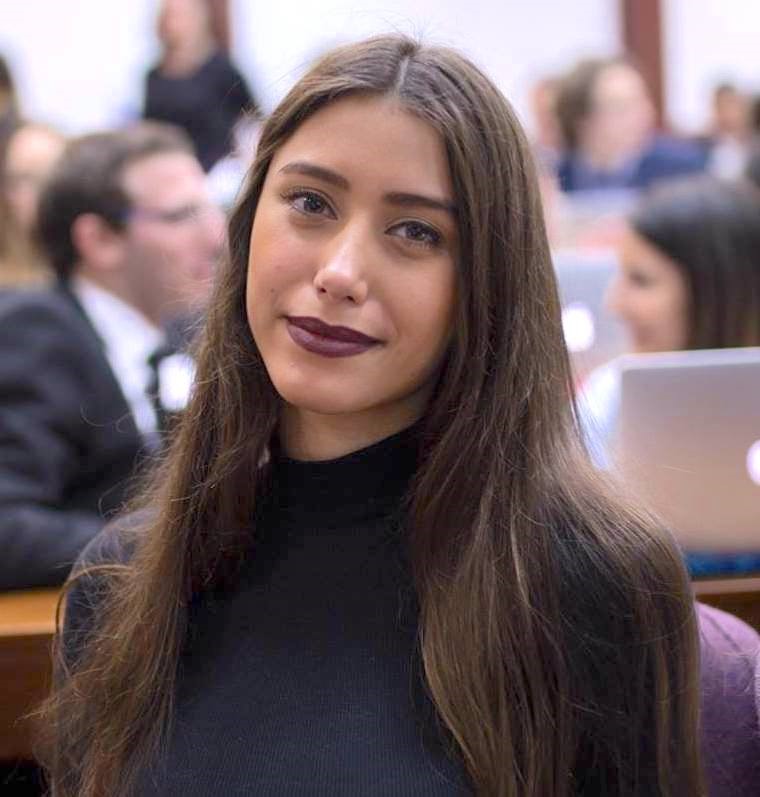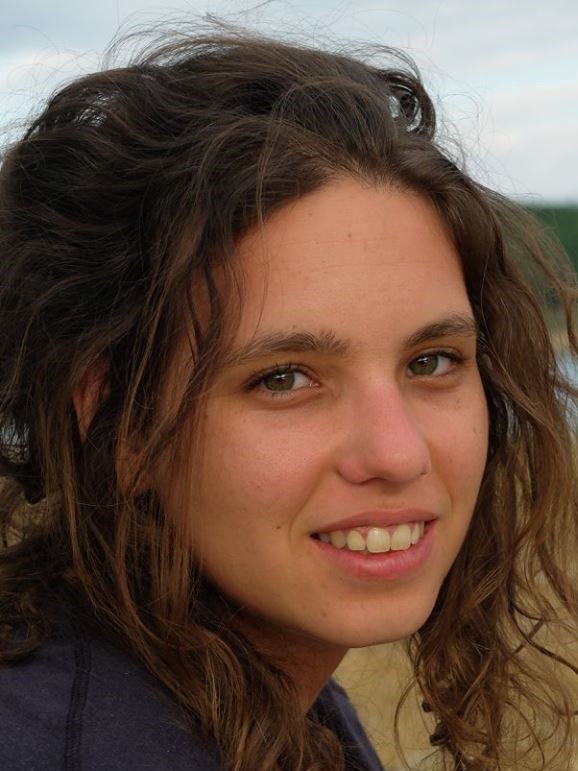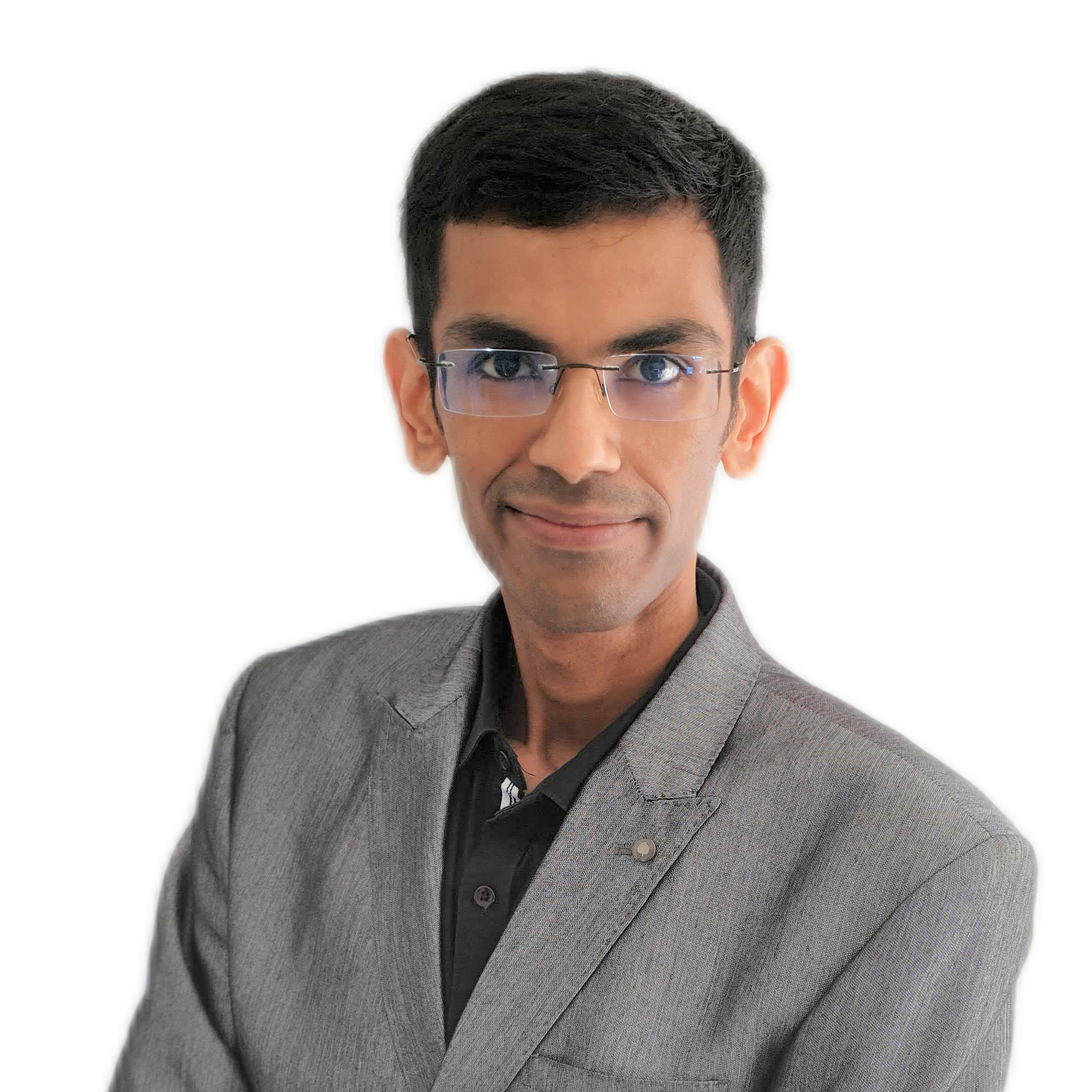Previous Fellows Academic Program
Post – Doctorate Fellowship 2021-22
|
Muhammad Abu Nasra |
|
|---|---|
|
|
Abu Nasra is an organizational sociologist. He graduated from The Hebrew University of Jerusalem. Abu Nasra received his B.A. (Behavioral Science) and M.A. (Organizational Sociology) from Ben-Gurion University of the Negev. His doctoral thesis focused on the integration of ethnic entrepreneurs into technology-based industries, by focusing on Arab entrepreneurs in Israel. His main research interests lie in two major areas, ethnic entrepreneurship and innovation. |
|
Yael Assor |
|
|---|---|
|
|
Yael Assor is a socio-cultural and medical anthropologist who studies the ethics and politics undergirding processes of healthcare resource allocation. Assor was trained as an anthropologist at the Hebrew University (BA and MA) and at UCLA (PhD). Assor's doctoral research explored how an ideal of "objectivity" as ethically appropriate conduct shapes the decisions made at the Israeli Public Committee for the Enhancement of the Medical Services Basket (known in Israel as Va'adat Sal Hatrufot). Findings from this study, which was supported by grants from the Phi Beta Kappa Fellowship, the SPA/RLF award, and the Y & S Nazarian Center for Israel Studies, appeared in American Ethnologist and Bioethics and are currently summed up in a monograph. Assor's current research studies the ethical assumptions underlying the notion of "medical effectiveness" in cost-effectiveness analysis, a key determinant of healthcare resource allocation worldwide. Situated at the intersection of anthropology, bioethics, philosophy of science, gender studies, and public policy, this research will introduce a new, phenomenological-based approach to the study of the global health market and to the theorization of "effectiveness," a core concept of neoliberal ideology. |
|
Yoav Beirach |
|
|---|---|
|
|
Yoav Beirach received his Ph.D and MA in Philosophy from Tel Aviv University, where he also studied Linguistics and History. His doctoral dissertation, written under the supervision of Professor Eli Friedlander, explores the history of the western concept of Harmony, from its Pythagorean origins to its modern crystallization into the idea of a measure of time. While at the Safra Center he will pursue a research project on the epistemic, economic and political implications of the invention of the second and birth of modern time keeping, specifically as they are revealed in the emergence of a new temporality of money interest, and its effect on conceptions of debt, equality and freedom. |
|
Yael Cohen-Rimer |
|
|---|---|
|
|
Yael completed her LL.B. in Law & Sociology (Magna Cum Laude), her LL.B in Public and International Law (Magna Cum Laude) and her Ph.D. in law at the Hebrew University. Her Ph.D. dissertation, titled "Constitutional analysis of income presumptions in welfare law" was written under the supervision of prof. Barak Medina. In her research, Yael combines qualitative empirical research with doctrinal analysis to draw theoretical insights and normative claims. She focuses on poverty as exclusion and discusses the implications welfare legislation has on people in poverty, minority groups and gender stratification, through the prism of human rights. Yael also develops a participatory welfare legislation model based on her empirical findings and a thorough comparative research of similar endeavors in other legal systems. During her studies, Yael won several honorable awards and scholarships, including the President Scholarship for Doctoral Students, the Cheshin fellowship and the Kretchmer prize for human rights research. Prior to her academic career Yael clerked for Hon. Justice Dorit Beinish at the Supreme Court of Israel, and worked as a Community Lawyer at “Yedid”, a human rights NGO, representing low-income families and people in the fields of Social Security, Debts, Housing and Labor Law. In her post doctorate as Safra fellow, Yael will examine the use of incentives in welfare law. Critically analyzing the neutrality assigned to the use of incentives in law, the research aims to expose and discuss the coercive power of welfare law. The research will explore the relations between welfare law and society, and the way welfare law establishes specific citizenships for people in poverty and marginalized groups. |
|
Marta Dell'Aquila |
|
|---|---|
|
|
Marta Dell’Aquila is a political philosopher with strong interests in Feminist Philosophy, Political and Gender Theory. She holds a BA in Philosophy from the University of Bologna (2013), and then a Master Degree “Philosophie et Société” from the University of Paris 1 Panthéon-Sorbonne (2015). Subsequently, she gets her PhD in Political Philosophy at the University of Paris 1 Panthéon-Sorbonne (2021), with a dissertation centered on women’s agency and autonomy and how they could be reworked from a feminist intersectional perspective (and included in comprehensive public policies). During her PhD program, she was Visiting PhD Research Fellow at the Center for Gender and Culture Studies in Latin America (CEGECAL) of the University of Chile (2018-2019) and then taught Political Theory at the Institute for Public Affairs (INAP) of the University of Chile (2019-2021). Recently, she worked as a consultant at the Division for Gender Affairs at the United Nations Economic Commission for Latin America and the Caribbean (ECLAC). During her stay at the Edmond J. Safra Center for Ethics at the University of Tel Aviv, she will explore the concept of “care economy” and its implications for gender equality. |
|
Aviv Derri |
|
|---|---|
|
|
Aviv Derri is a social and economic historian of the Ottoman Empire. Her research interests include political economy, social and cultural history of debt, religious and ethnic difference in the Middle East, and the comparative study of empires. Her work has been recently published in the International History Review and the International Journal of Middle East Studies. Aviv's doctoral dissertation, completed at New York University, is a study of merchant-banking families in Ottoman Damascus in the period 1820s-1890s, focusing on Jewish and Christian sarrafs (financiers) and their roles as government and rural creditors, tax-farmers, fiscal administrators, and key actors in local and long-distance financial networks. It explores changing practices and notions of debt, interest, and commerce in this period of major administrative and legal restructuring and offers a new perspective on the relationship between imperial subjecthood, sovereignty and fiscal resources. Her current research examines financial crimes and black markets in the Ottoman Empire after the imperial bankruptcy in 1875. |
|
Tom Kohavi |
|
|---|---|
|
|
Born in New York and raised in a village in Israel’s suburban center. My academic jour-ney started at the Interdisciplinary Center, Herzliya, with an LL.B. and a B.A. in Gov-ernment, followed by an LL.M in Business Law. My thesis (under the supervision of As-saf Jacob) criticized the myopia and libertarian tendencies of traditional theories of tort law. I developed a special interest in law’s ability to contribute to social justice—in par-ticular, while coordinating a busy legal aid project at the Tel Aviv District Court. This in-terest manifested itself in academic writing: I co-authored the theoretical chapters of a book about multiculturalism in Israel and an article about human dignity and criminal pro-cedure. My next step was an LL.M. in Legal Theory at New York University as an Arthur T. Vanderbilt scholar. My academic interest expended to political and moral theory. I wrote my thesis (under the supervision of Liam Murphy) about tensions between public and private in private law theory. I ended up receiving the David H. Moses Prize for the LL.M. student with the highest GPA (which I used to buy a few dinners for me and my friends, a nice jacket, and a ticket for a flight that I missed by an hour because of a snow storm). I crossed the Atlantic Ocean to write a doctorate in law at the University of Ox-ford as a Reuben scholar. My thesis (under the supervision of Hugh Collins) conducts a philosophical analysis of the relations between constitutional rights and private law. It reflects my growing interest in moral pluralism—especially the conflicts between teleolo-gy and deontology—and theories of rights. This interest materialized during the first Covid lockdown in an article (written between baking sessions and field trips) about the normative structure of abstract constitutional rights (for example, to dignity, privacy, or health). My main goal is to find ways to expose market, family, and other private activities and relationships to reform-oriented scrutiny, adopting consequentialist forms of reason-ing and evaluation; but to do so without eroding or distorting the values inherent in them and their unique normativity. I see great potential, in this regard, in understanding the state’s responsibilities with regard to regulation and its ability to shape our responsibilities as private agents: topics I intend to further explore during my year at the Safra Center. |
|
Etye Steinberg |
|
|---|---|
|
|
Etye is a philosopher who works in two main areas of research: philosophy of action, and business ethics. In his dissertation, he explored what does it mean for an action to be unthinkable for someone (as expressed statements like the one famously attributed to Martin Luther, “Here I stand, I can do no other”). In other work in the philosophy of action he is interested in responsibility for attitudes (such as beliefs and intentions), and especially in the epistemic conditions for such responsibility. In business ethics, he has a special interest in issues that lie at the intersection of business ethics and philosophy of technology, such as the use of big data to personalize prices, and the use of tracking technologies in the insurance industry. In his research at the Edmond J. Safra Center for Ethics, Etye plans to focus on how to evaluate fairness in market transactions, and on how the use of information technologies of businesses might undermine the extent to which consumers’ consent to the use of such technologies can be considered as informed, and therefore valuable, consent. Before coming to Safra, Etye completed a PhD in philosophy at the University of Toronto, where he had also worked as a lecturer. He holds a BA (magna cum laude) in PPE (Philosophy, Politics, Economics) and MA in Philosophy, both from the Hebrew University of Jerusalem. |
|
Miklos Zala |
|
|---|---|
|
|
Miklos Zala received his PhD in Political Theory from Central European University. His research focuses on political philosophy and applied ethics. During his doctoral studies, he was a visiting researcher at Aarhus University, Roskilde University and the University of Michigan, Ann Arbor. His doctoral thesis, titled "The Devout and the Disabled: Religious and Cultural Accommodation as Human Variation" examined the case of religious and cultural accommodation from an original point of view. The thesis argued that certain religious and cultural accommodations can be explained and justified by a particular disability accommodation model, the Human Variation Model. Before joining the Safra Center, he was affiliated with the Center for European Union Research (CEUR) at Central European University, working on the European Commission-supported H2020 project ETHOS—a theory of European justice and the Centre for Social Sciences-Institution for Political Sciences, Hungarian Academy of Sciences Centre of Excellence. His research project at the Safra Center focuses on urban (in)justice: the moral concerns regarding gated communities and identifying the wrongness of gentrification. |
Doctorate Fellowship 2021-22
|
Gal Biton |
|
|---|---|
|
|
Gal Bitton is a Ph.D. candidate in the School of Political Science at Tel-Aviv University and, also, currently is a doctoral fellow at the Edmond J. Safra Center for Ethics at Tel-Aviv University (2021-2022). She holds a B.A. and M.A. (magna cum laude) in political science from Tel-Aviv University. Her field of study is international political economy and her main interests are global monetary and financial relations, currency integration, and cultural finance. Gal's dissertation The Cultural Roots of Financial Liberalization is a cultural-based theory that seeks to examine the effect of cultural factors on policymakers' financial decisions through macro- (government policy) and micro- (individual preferences) levels of analysis. China's reluctance to liberalize its financial sector, which remains an enigma in the literature, has motivated Gal's research. Her dissertation aims to provide an adequate cultural explanation to the Chinese case, and, in a broader sense, solutions for policymakers who encounter obstacles with liberalizing financially. As a doctoral fellow at the Safra Center, Gal intends to investigate the role of culture in individuals' financial integration decisions. The premise of her research is that one cannot understand countries' financial integration without explaining the circumstances under which individuals choose integration. This is because culture affects all individuals, be they consumers, workers, entrepreneurs, corporate managers, investors, or policymakers. |
|
Yam Maayan |
|
|---|---|
|
|
Yam Maayan is a Ph.D. student in the School of Economics at Tel Aviv University. She holds a B.A in Philosophy and Economics (Magna cum Laude) and an M.A. in Economics (Magna cum Laude) from Tel Aviv University. Her subjects of interest are the history and the philosophy of Economics. Her doctoral dissertation, written under the supervision of Prof. Itzhak Gilboa, explores the interrelation between Decision Theory, in particular Choice Under Uncertainty, and Economics, focusing on their influence upon the normative interpretation of fundamental concepts within Economics, such as preferences, beliefs, and information. In addition, Yam holds great interest in the pedagogy of Economics. During her M.A. studies, she was part of the pedagogical team that wort the new introductory course for B.A (Principles of Economics) and she is the lead coordinator of tutorials of this course. Her M.A. thesis Using the History of Economic Thought as a Pedagogical Tool in the Introductory Course in Economics received the Eitan-Berglas School prize for excellent M.A. work. She also co-teaches a seminar about Ethics and Economics (with Dr. Ofer Setty) and serves as the academic coordinator and lecturer of the Program for Promising Economists for Israel's Public Sector. |
Affiliated Fellow
|
Debadatta Bose |
|
|---|---|
|
|
Debadatta Bose is a doctoral researcher under the Sustainable Global Economic Law project of the University of Amsterdam, which is a cross-cutting project across the disciplinary boundaries of international law, private law and European public law. Debadatta’s research focuses on the business and human rights issue of conceptualising corporate responsibility for entities directly linked to human rights impacts. He places reliance on the theoretical framework of relational justice to analyse human rights due diligence as a means of corporate responsibility with an interpretive normative approach. At the University of Amsterdam, Debadatta is involved in teaching the International Law and Sustainable Development, and International Investment Law courses at the LL.M. level. He received his LL.M. in International and European Union Law from Erasmus University Rotterdam (cum laude) with the first rank in the International Law track. He was also the first-rank holder (gold medallist) in the 5-year B.A., LL.B. (Honours) degree from the Damodaram Sanjivayya National Law University in India. |
\


